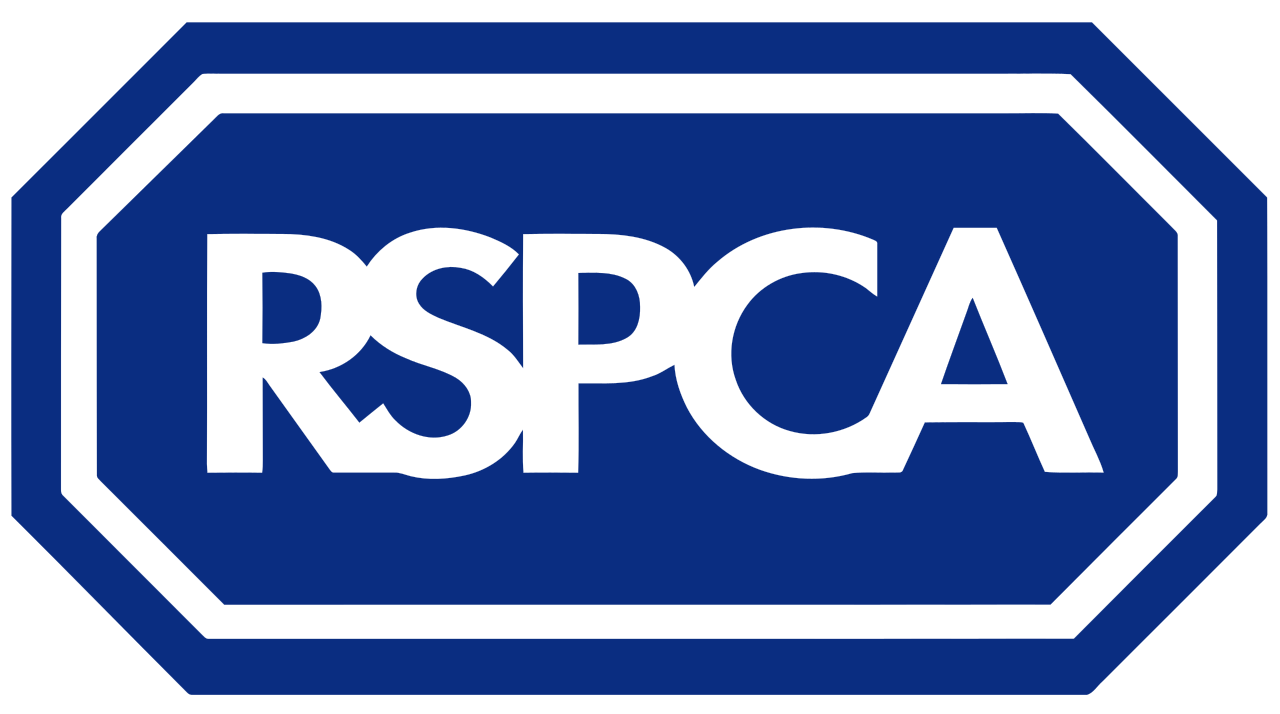HOUSE TRAINING
All dogs can be taught to toilet outdoors, and you might think it would come naturally, but this is not something they will all do automatically! Dogs need us to show them that this is the right thing to do, and to encourage them into forming good habits through rewarding them when they toilet outside the house! All puppies need patient and consistent house training – it’s very normal for a puppy to take a few months to be completely house trained without the odd accident, so don’t worry if it seems to be taking a while! Adult dogs that have had no previous house training may take longer to change their habits, but again don’t worry, this is still very achievable!
Don’t worry and remember…
● Patience is key! All dogs are individuals, and some might take longer to learn – but it’s well worth the time and effort!
● Give plenty of the ‘right’ opportunities for your dog to practise good toileting behaviour.
● Puppies have very small bladders so will need to relieve themselves often while they develop.
● Accidents will happen, clean up and move on! Telling your dog off will only make them anxious about going to the toilet, so might make them harder to train.
● Leaving the door to the garden open so a dog can come and go is very common, especially during the summer months, however doing so can slow down learning because the dog doesn’t necessarily learn the difference between indoors and outside.
How to teach your dog to toilet outside the house
Investing time in training will save time in the long run! The more committed and consistent everyone involved in your dog’s care is, the quicker your dog will learn!
Take your dog out for toileting, approximately every hour, and especially:
● After a sleep
● After eating or drinking
● After play or exercise
● If they’re sniffing about the ground and/or turning in a circle (getting ready to squat down to toilet)
● Whenever they get excited e.g. when visitors arrive!
-Go out with your dog -in the rain, wind, sun or under the stars! Stand quietly and wait, be boring! If they go to the toilet, reward them, if not just return quietly indoors.
-Don’t be in too much of a rush to get them back in – give them enough time to try!
-Take them to the same toileting area each time, as this helps to create a strong association with toileting in that location.
-Watch your dog carefully and reward communication. Your dog will soon start to move towards the door when they need to go to the toilet – watch carefully and be sure to give lots of rewards and praise when they ‘tell you’ they need to go to the toilet.
If your dog has an accident…
Don’t worry – it’s likely to happen so just be prepared! Don’t tell them off, simply clean up, when they are in another room, with an enzymatic cleaner (e.g. commercial products for removing urine marks). These cleaners break down the urine and do not contain ammonia as the smell of this might entice your dog to toilet there again! Biological washing powder diluted with some water does the trick!
Toileting on cue – prompting your dog to go to the toilet!
Teaching your dog to toilet when asked (on cue) can be useful to encourage them to go when and where is most convenient for you. Each time you take your dog out to the toilet, keep an eye on them, and as soon as you are sure they are going, quietly say the cue you want to use. Some owners say “busy busy” or “hurry up” for example. Be sure to say the cue words just as they begin to toilet – so that they can learn to associate these words with the action of toileting. Wait until they have finished toileting and then reward them straight away! Over time and repetition, you will find you can start to prompt them to toilet using the cue words, even before they have started to toilet. So be consistent and do this every time your dog toilets in front of you. Take them to a usual toileting spot, say the cue words and see if they’ll follow the hint! If they do, reward as usual, and if they don’t, they just need a little while longer so continue your training!
If your dog is struggling with house training…
…and going to the toilet very frequently, drinking a lot, and following this advice does not appear to be helping, then take your dog to see your vet to check for medical conditions that might be causing accidents!
Extra help
If you are struggling, please get in touch with a qualified behaviourist. These can found by copying and pasting the following link into your web browser:
https://www.rspca.org.uk/adviceandwelfare/pets/general/findabehaviourist
Jade Spiro BSc 2022

